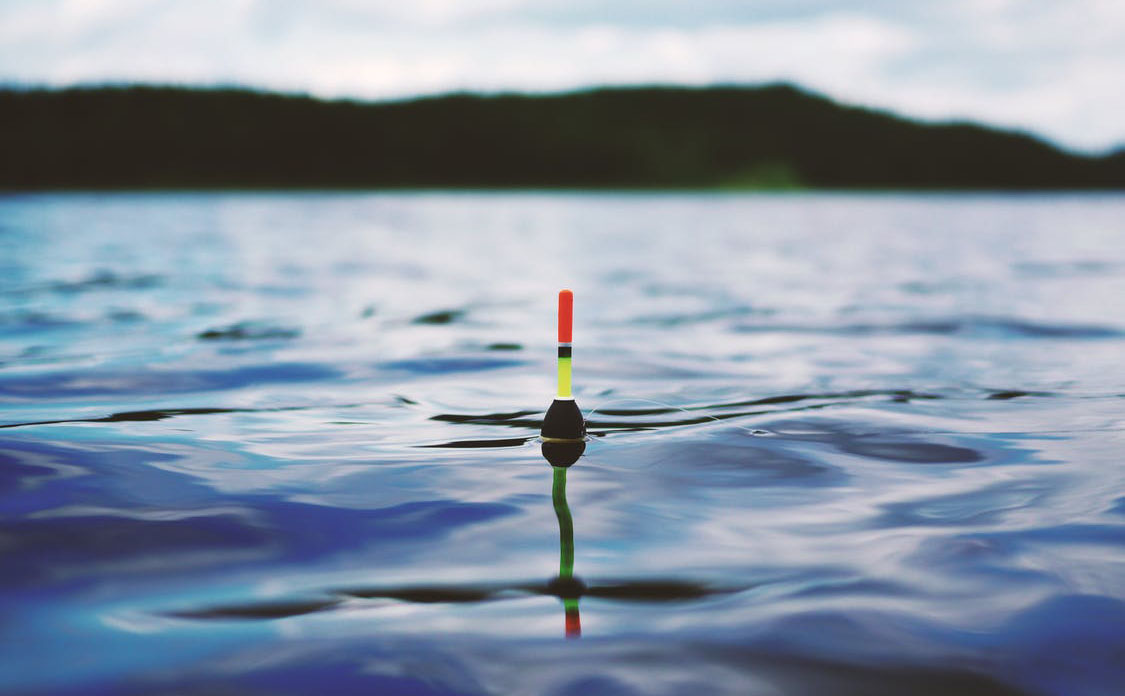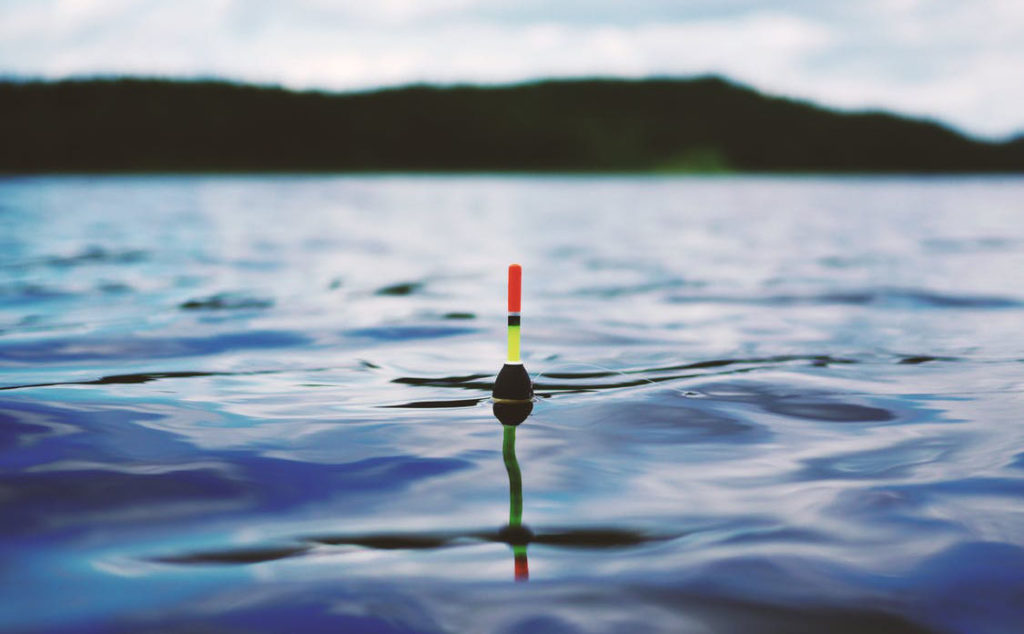Ran first in the Sunday February 23 Sunday editions of The Times and The News-Star
He wore a tight crewcut I first colored as khaki and then white on a narrow head. Usually there was a work cap perched up there, not a ball cap, but instead something advertising Pennzoil or Quaker State or John Deere, a freebie he’d picked up on the job or from a customer.
His face didn’t draw attention, but if you looked you saw bright blue eyes, thin lips that formed quick smiles, cheeks and neck always shaved tight. He protected pale skin from the sun with long-sleeved work shirts that almost always had an oval and his name over his heart.
No telling how many different places he worked in his life, but the one I remember is his job at a Gulf station that was once on North Seventh Street in West Monroe. He wore navy work pants and the Gulf shirt with the oval and the Pennzoil hat and brown work boots. A couple of red oil rags hung out his back pockets. I remember because he took me to work with him one day.
None of us get to choose our uncles and aunts. And they don’t get to choose us.
Sometimes we’re stuck with each other.
But sometimes it all works out, a lucky accident from Mother Nature.
And so it’s gone for me, and so it went for me and Uncle Alfred, who always gave off the lightest scent of menthol and gasoline.
I saw him young only in pictures, and again in an oval, this time framed, he on one side, my Aunt Opal on the other.
He was a great great-uncle.
My granddaddy Teddy was the baby. His four older sisters were Big Aunty, Aunt Opal, Aunt Dena, Aunt Jimmie. Uncle Alfred married Aunt Opal.
I don’t know anything about their courtship or their lives before each other. Suddenly it’s a mystery to me why I’ve never asked. But recently on a drive to Lafayette down I-49, I passed the Turkey Creek exit and, as I do every time I pass it, I think of Uncle Alfred. For no reason, one time he took me fishing there, just me and him.
We’d come over from South Carolina — this was the 1960s — to visit all my mom’s people in West Monroe, as we did once a year. I’m 8 or 9. All I remember about the fishing trip is that he took the time to take me. I remember his little boat behind his truck, him laughing. There’s the memory of the moment or two on the water and us catching fish. I can’t remember where we stayed, what we ate. I just remember it was good, it was fun, and he took the time.
And he took me to work with him at the Gulf station another morning. I spent the night with him and Aunt Opal in their trailer, as I often did when we’d visit. Aunt Opal did what she did every morning of her husband’s working life: she cooked him two eggs, two pieces of bacon, and two pieces of toast. On the mornings I was there, she did the same for me. And then it was off to the land of petroleum exporting.
They had no biological children, but they had Sapphire. She was a Dachshund. She had a son. They named him Teddy. Sapphire and Teddy. I can see them, laughing as you do with little children, feeding them their medicine in balls of raw hamburger meat. And, because things end, I can see me as a teenager, older now and living in Louisiana, and Sapphire and Teddy, their graves in the backyard of the trailer, neatly marked and well kept.
When I was a student at Louisiana Tech, we had a deal for about a year that we would eat together once a month. Again, I can’t remember the places we ate or what we talked about. I just remember that there was a time…
Those two loved me. Things die. Memories don’t have to. Love never does.
-30-

